Burundi’s prominent civil society organization, PARCEM, has once again urged the newly appointed government to take urgent action on the country’s deepening economic challenges. Speaking in an interview with Bonesha FM on Tuesday, the organization’s executive director, Faustin Ndikumana, warned that Burundi is grappling with persistent fuel shortages, a severe foreign currency crisis, and soaring inflation, and called for immediate structural reforms.
“It is necessary that, in these remaining two years of this first term, they show what they will achieve, because Burundians expect them to tackle these crises and constraints,” he said.
The appeal comes after the new government, led by Prime Minister Nestor Ntahontuye—the third premier appointed since President Evariste Ndayishimiye came to power in 2020—was sworn in earlier in August following the 2025 legislative and senatorial elections. The team has two years to complete the president’s seven-year term, with the next presidential poll scheduled for 2027.
Government Promises Economic Reforms
The government recently announced plans to implement a series of measures aimed at stabilizing the economy. These include ending the central bank’s seven-day refinancing facility and phasing out special refinancing programs for most growth sectors except agriculture and livestock.
However, Ndikumana emphasized that reforms should prioritize the daily needs of citizens. “The program should indicate what they intend to accomplish and the benchmarks by which their achievements will be measured,” he noted, adding that changes must translate into tangible improvements for Burundians.
Burundi continues to grapple with a high cost of living, a fuel crisis that leaves citizens queuing for hours at stations, and an acute shortage of foreign currency. “If the citizens continue queuing endlessly at fuel stations without ever finding fuel, while the currency crisis persists, prices soar, and services keep deteriorating, then that government will not have served the people in any meaningful way,” Ndikumana warned.
Beyond the economy, he urged the government to strengthen governance, fight corruption, uphold justice and human rights, and improve foreign relations. “We want to see tangible changes in the economic sector, in the fight against corruption, in good governance, in justice and human rights, as well as in foreign relations and other key areas,” he said.

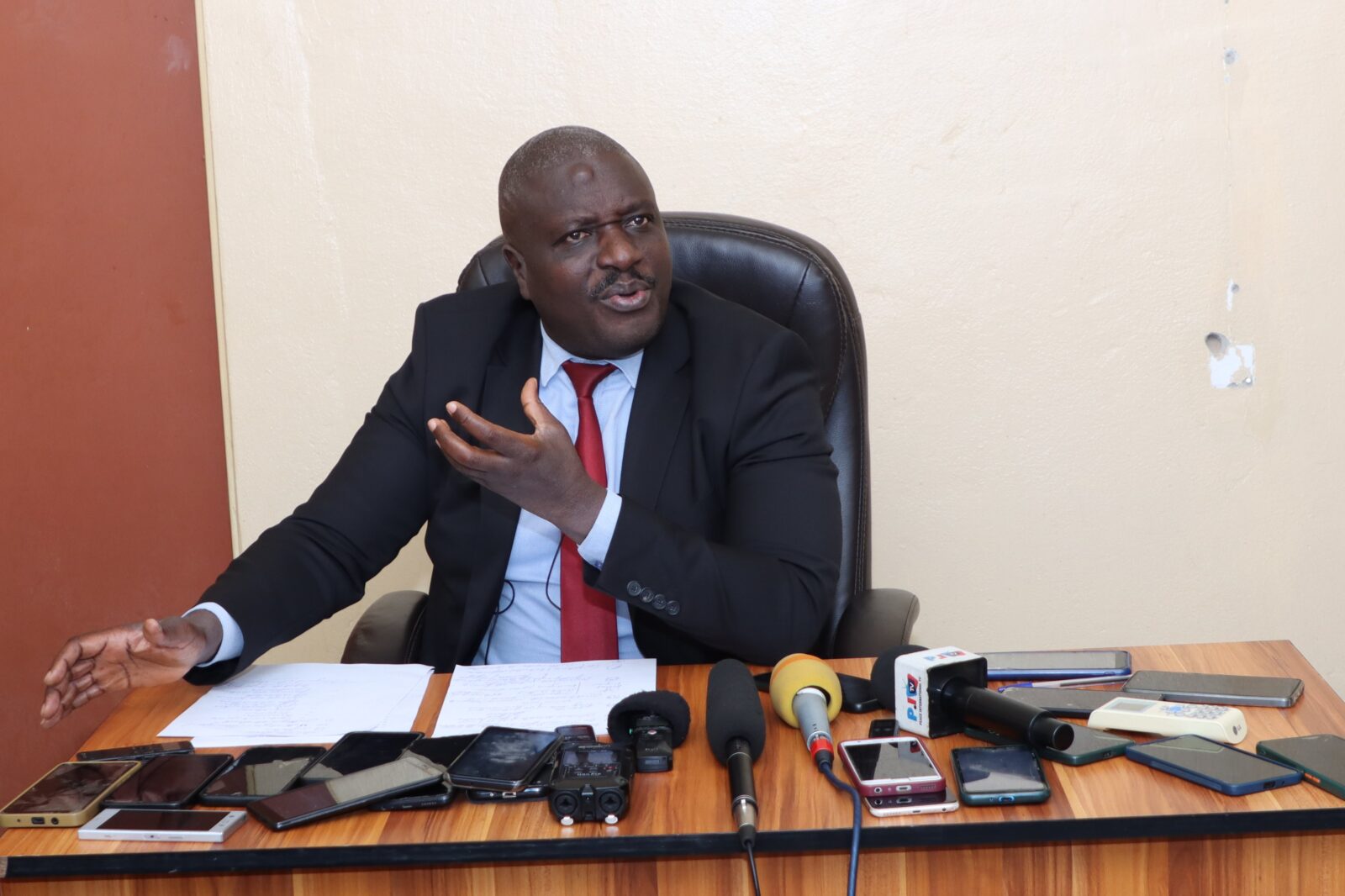

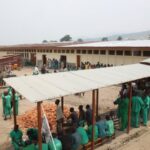
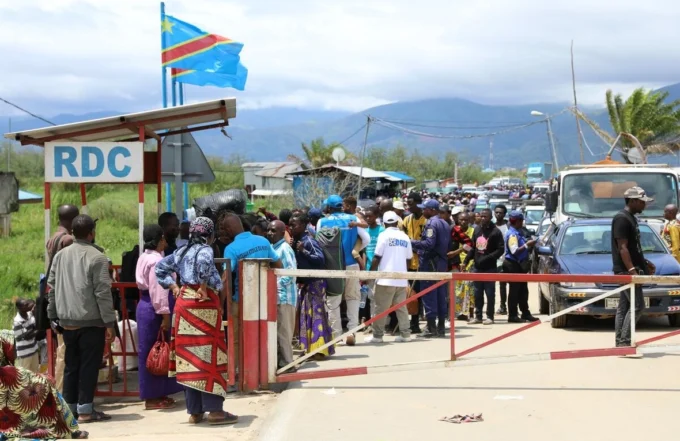
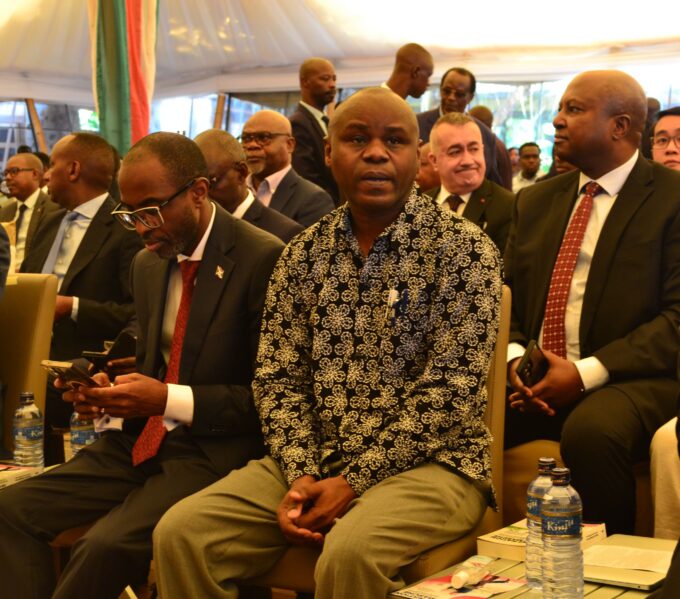

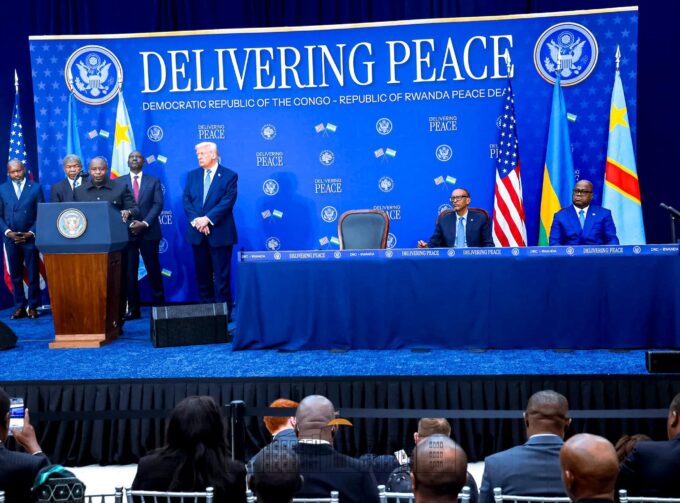
Leave a comment